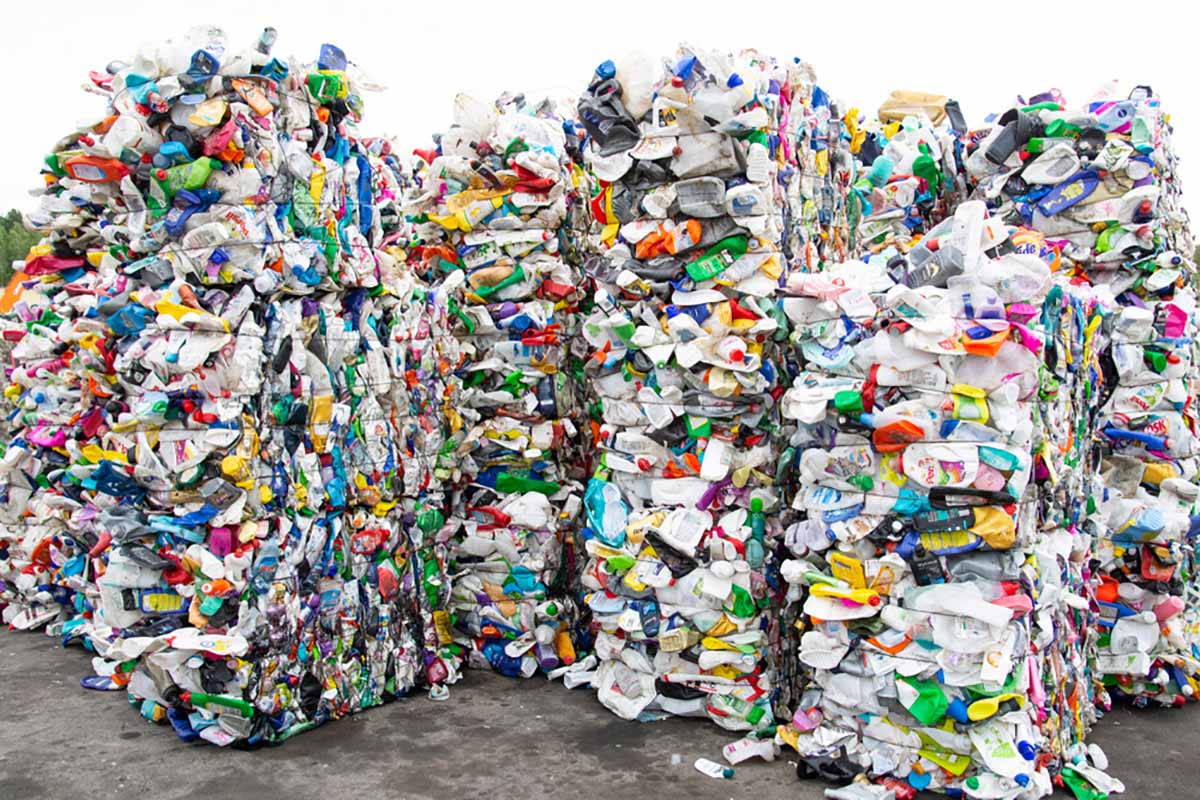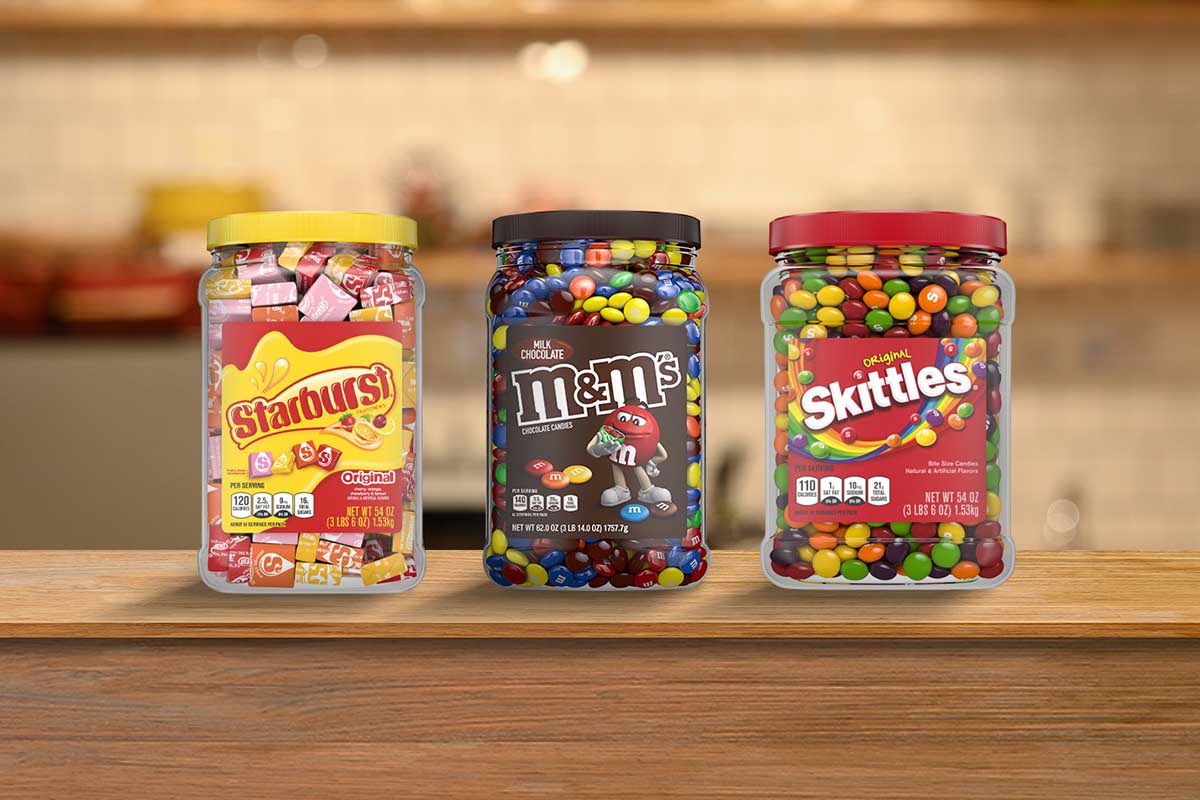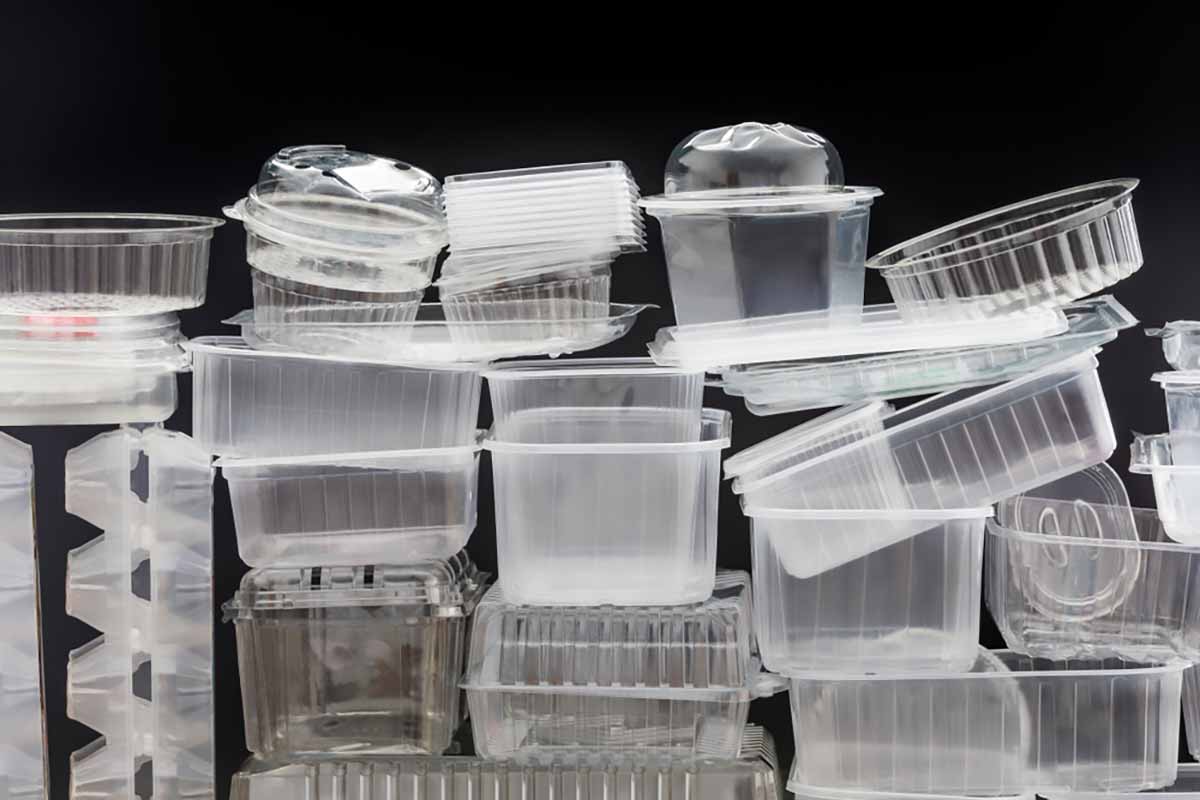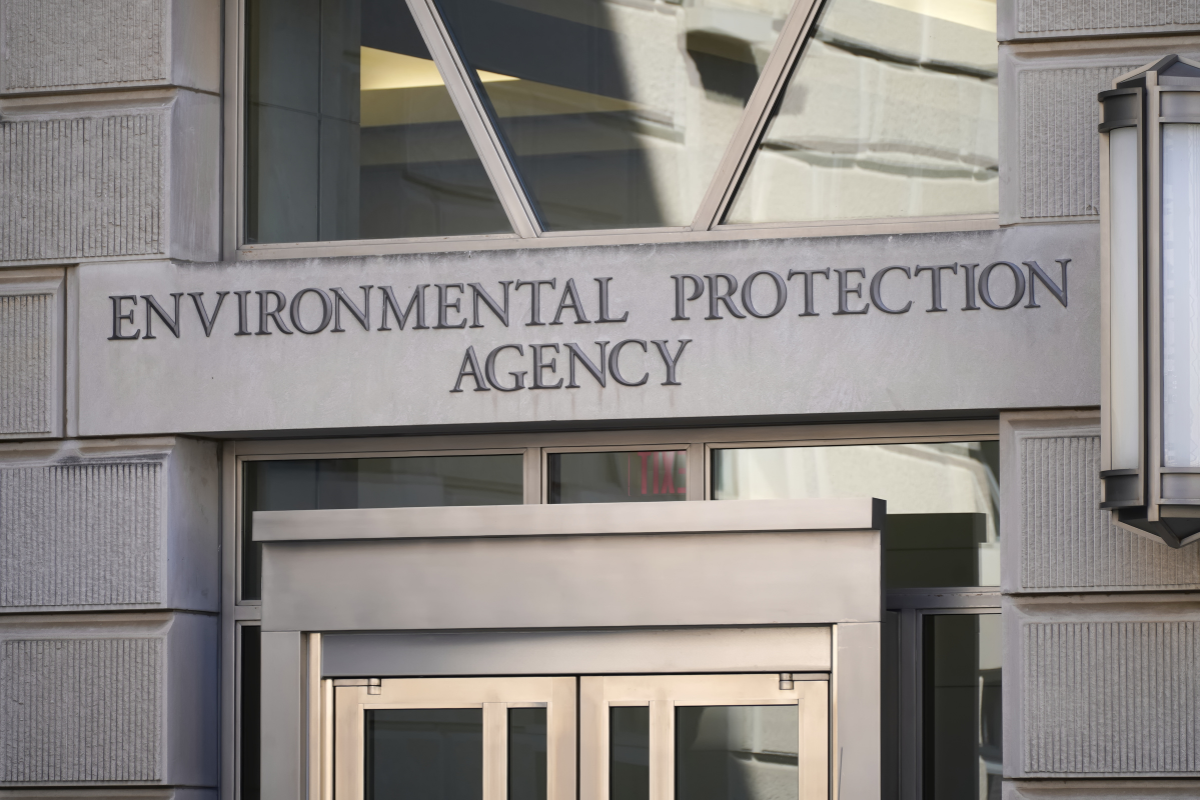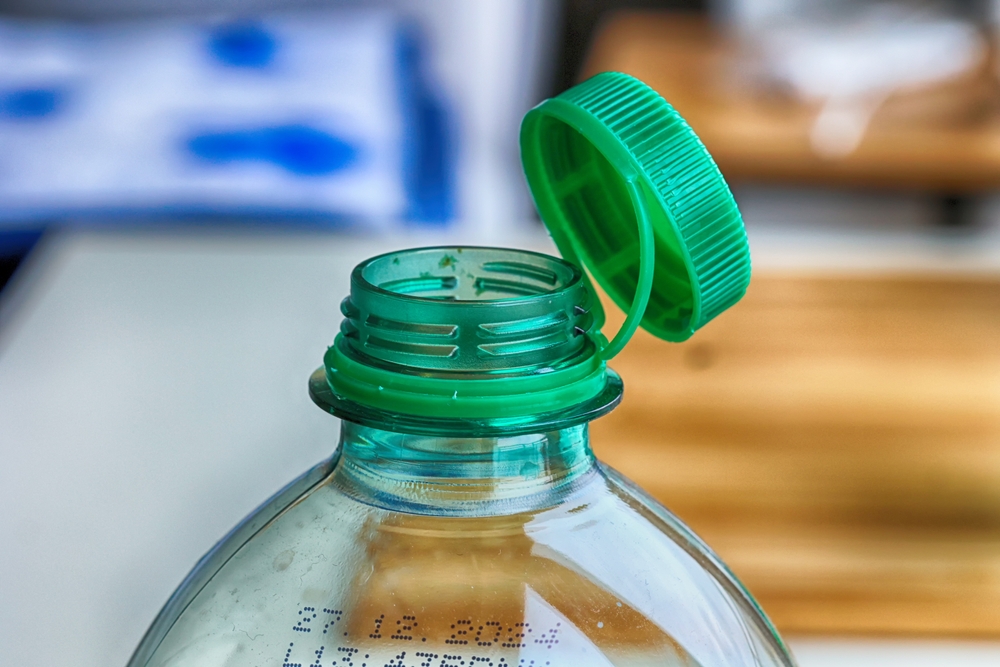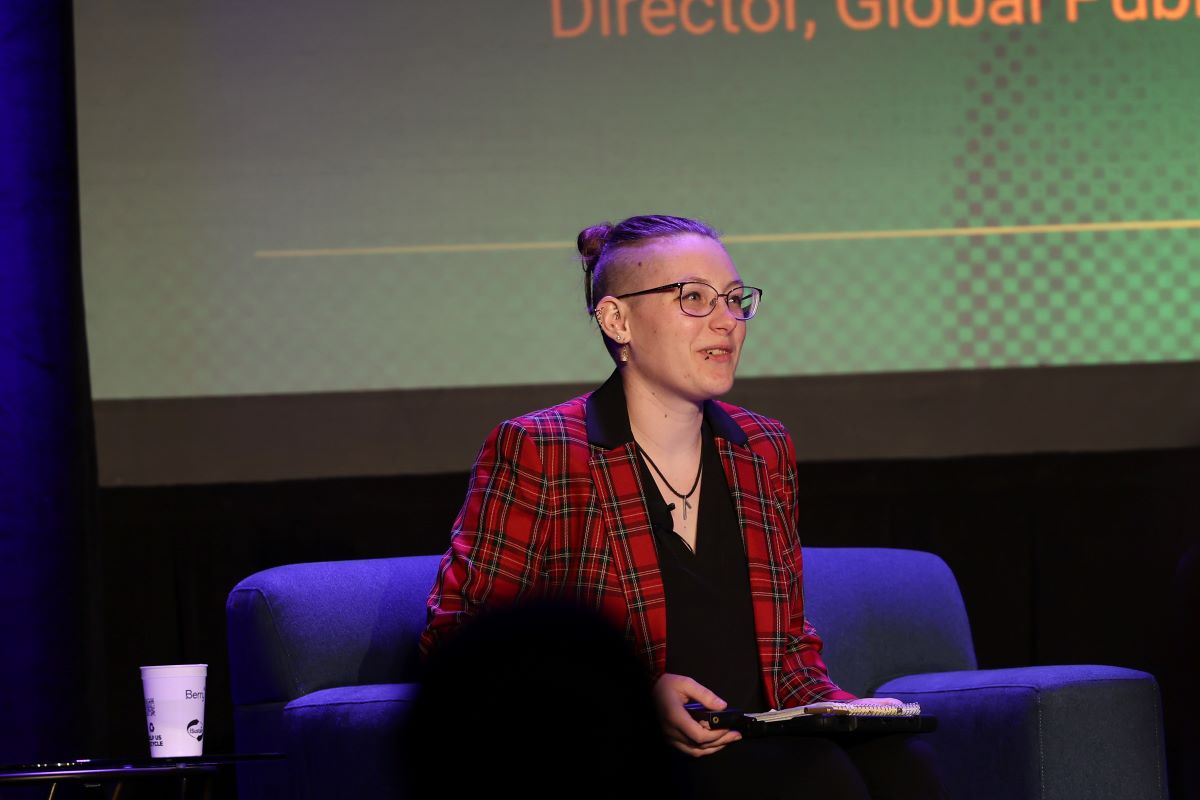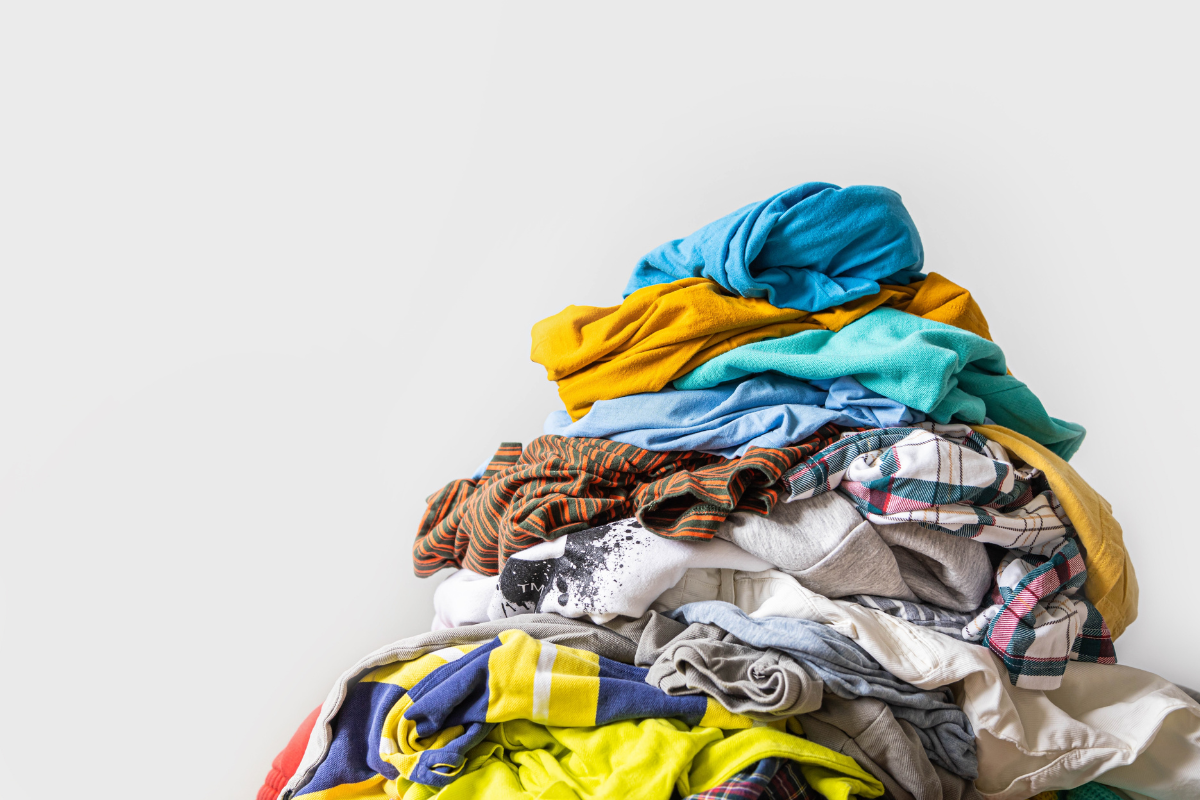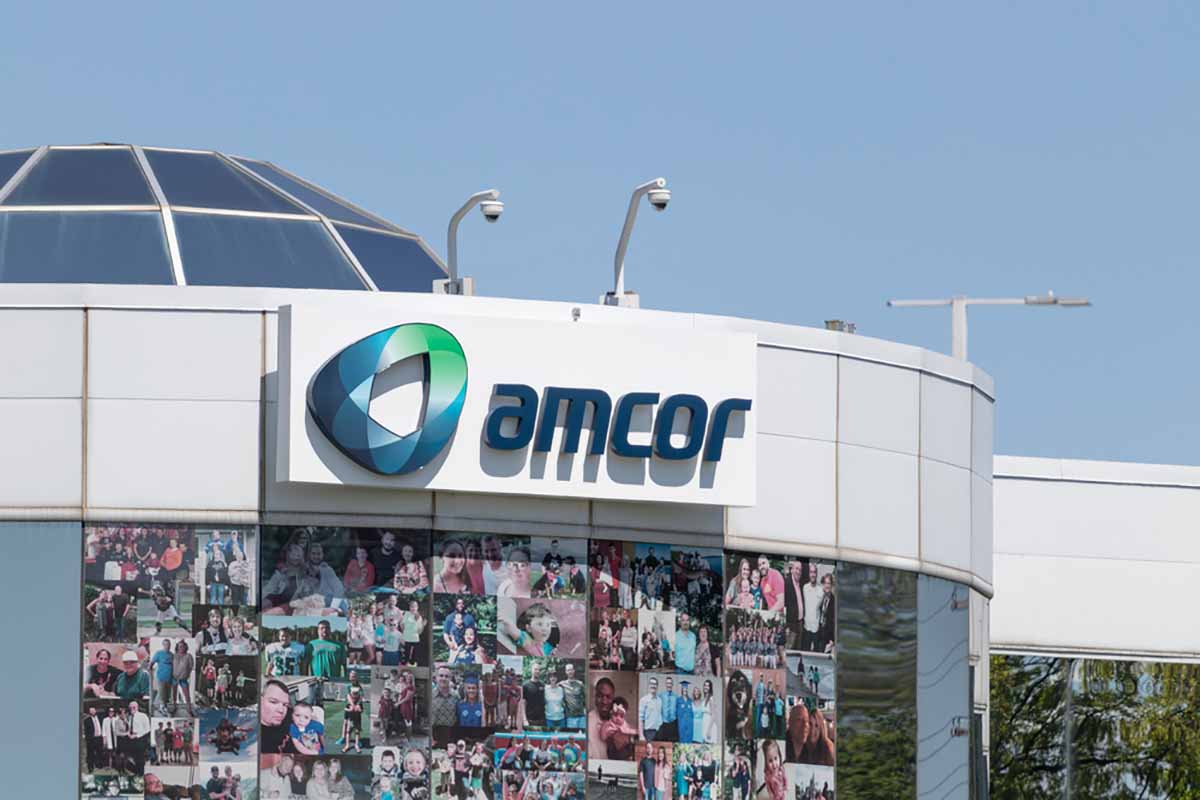
Amcor averaged 9.4% PCR across its packaging portfolio in 2024, putting the company on track to reach its 2025 goal of 10%. | Jonathan Weiss/Shutterstock
Global packaging firm Amcor recently announced it is installing new equipment at a Kentucky facility that allows the company to produce packaging with a wider variety of post-consumer resin percentages, citing demand from the company’s spirits customers. Continue Reading


